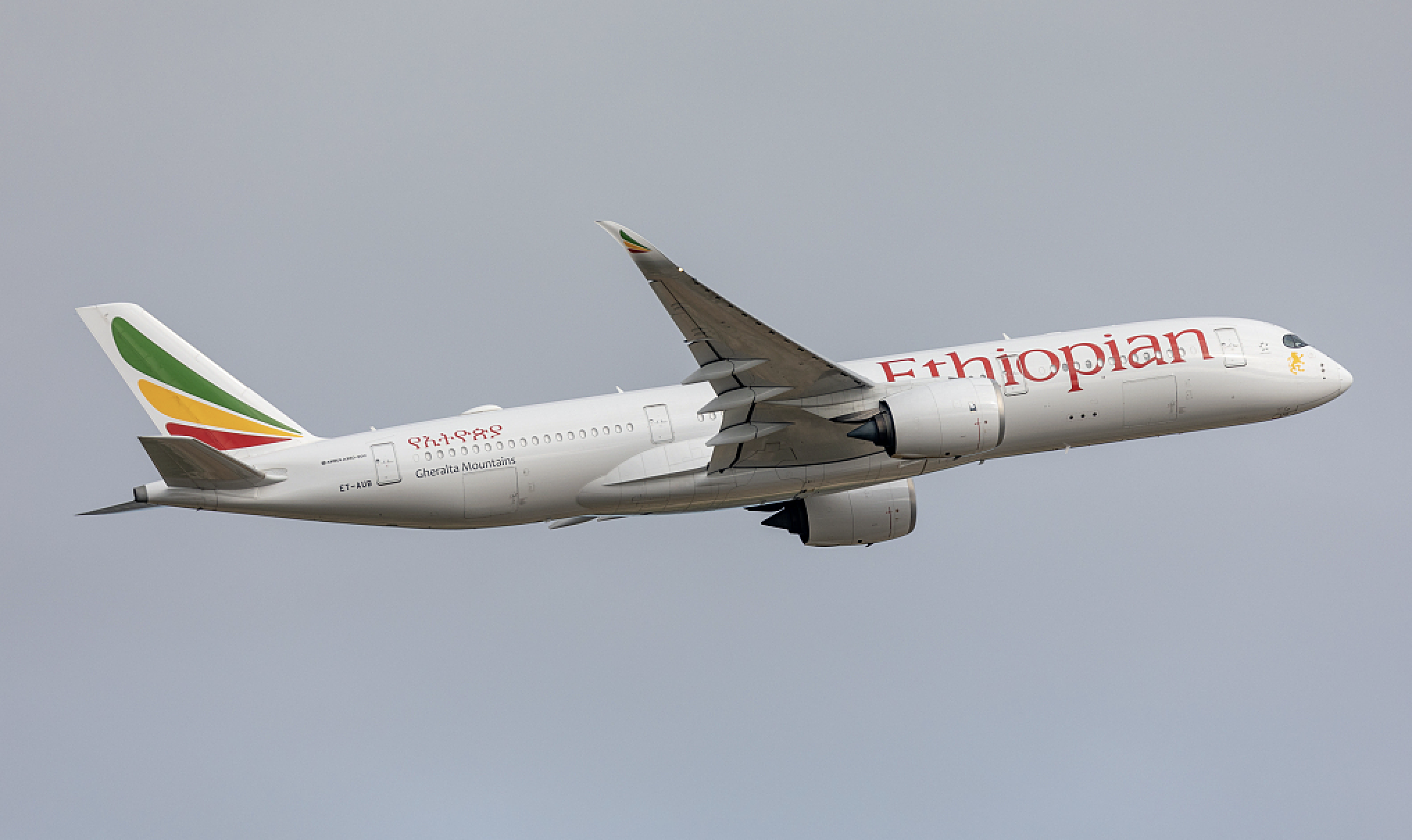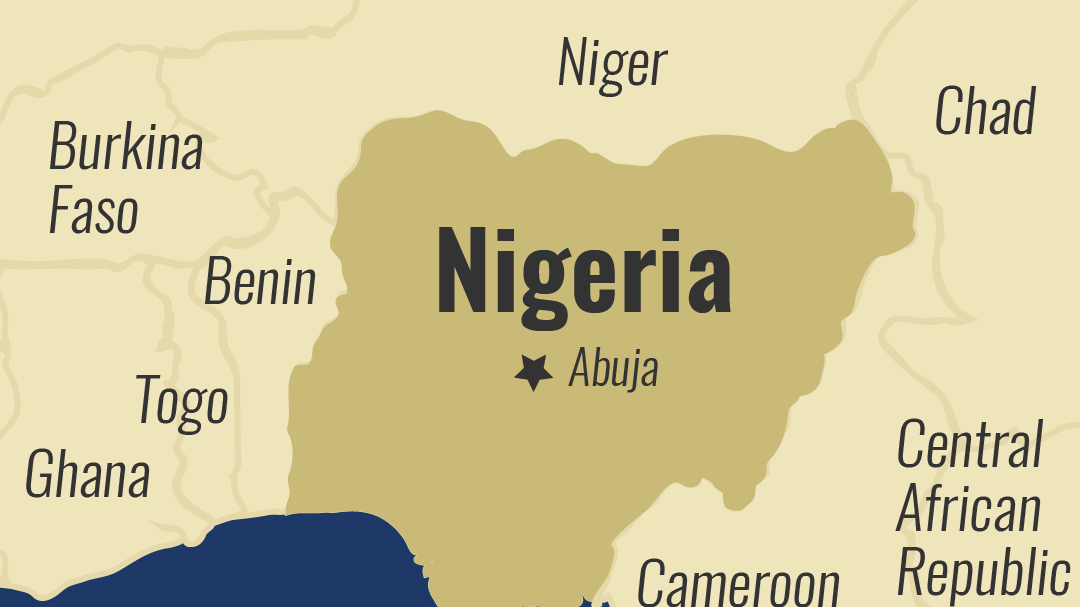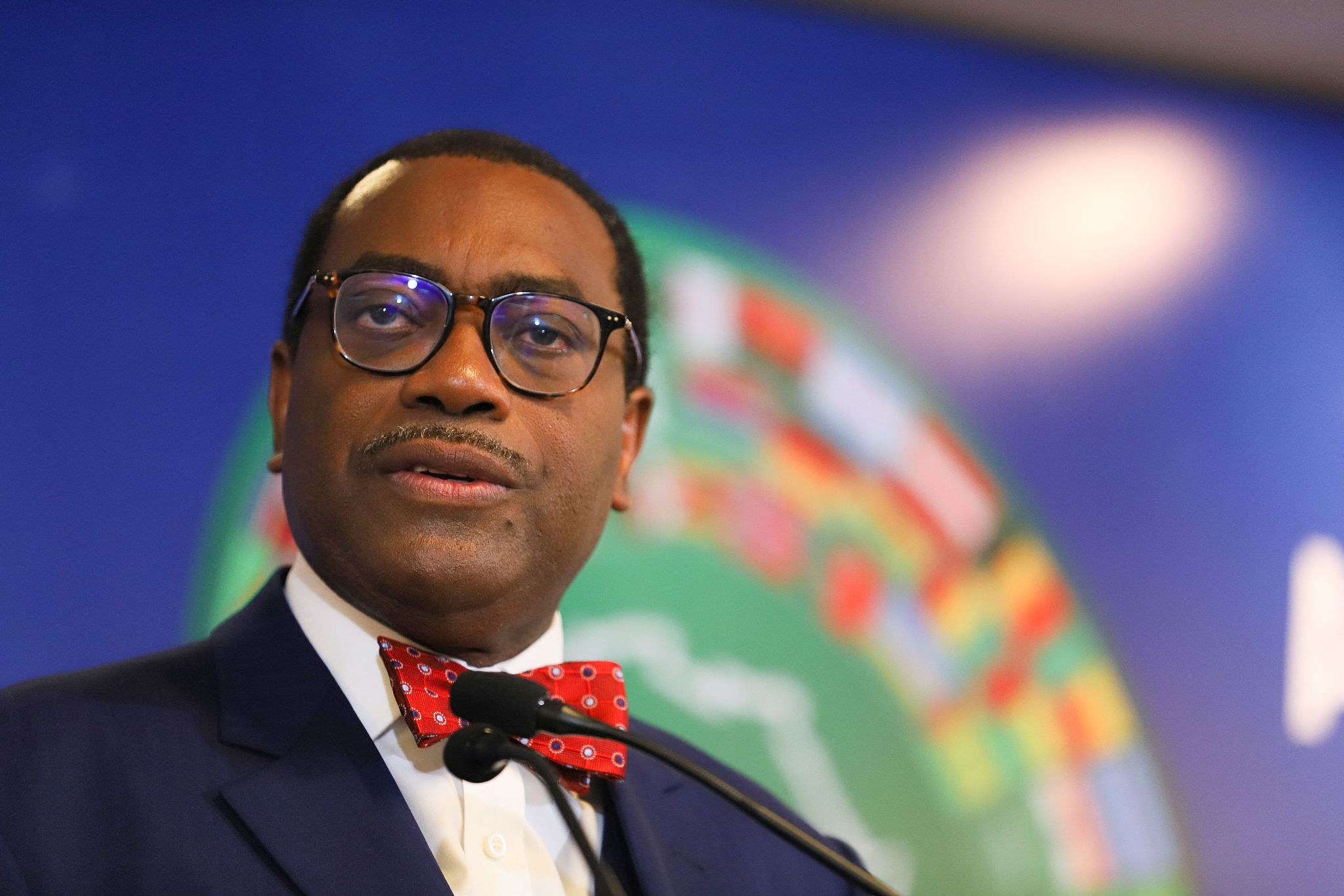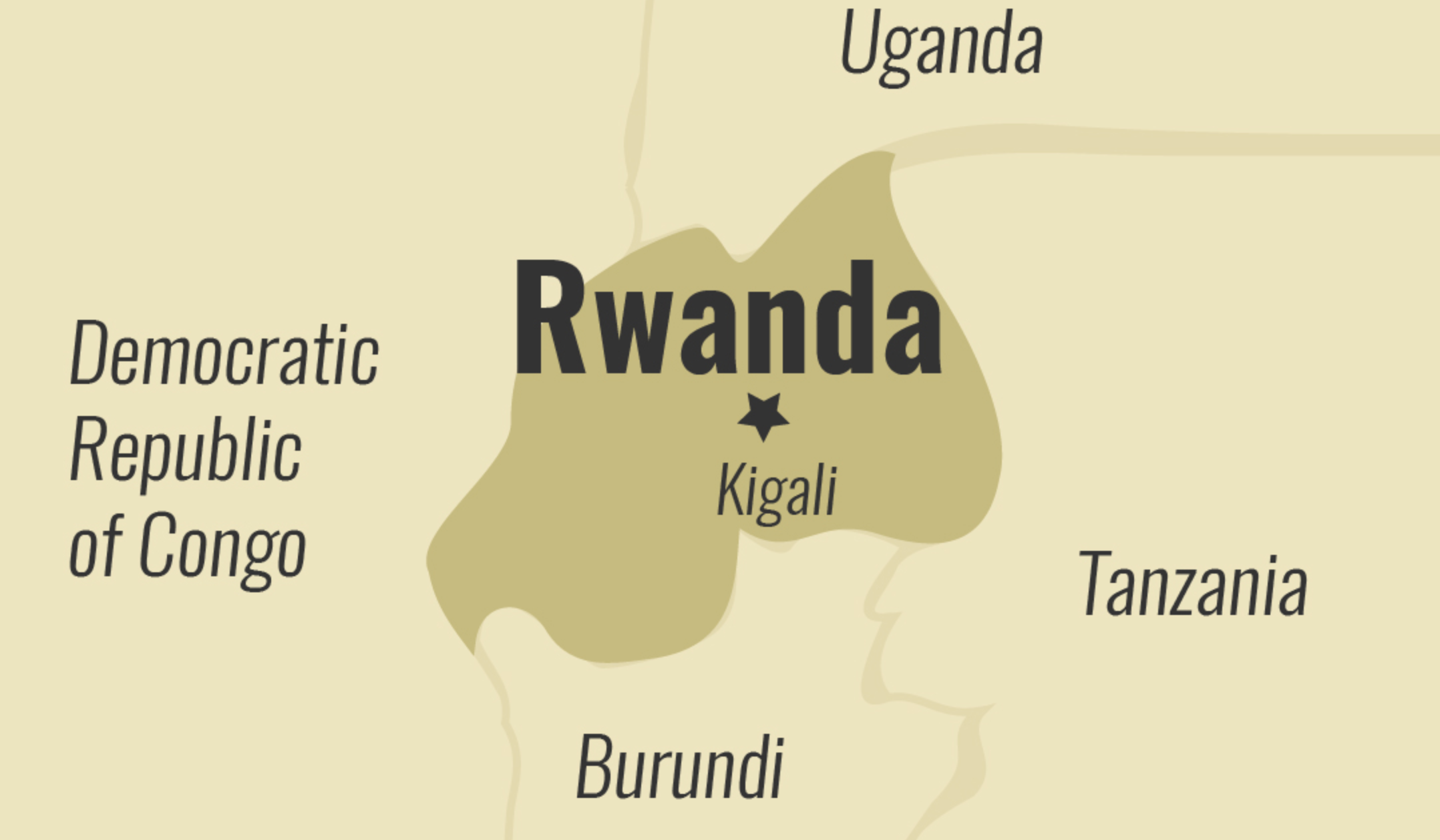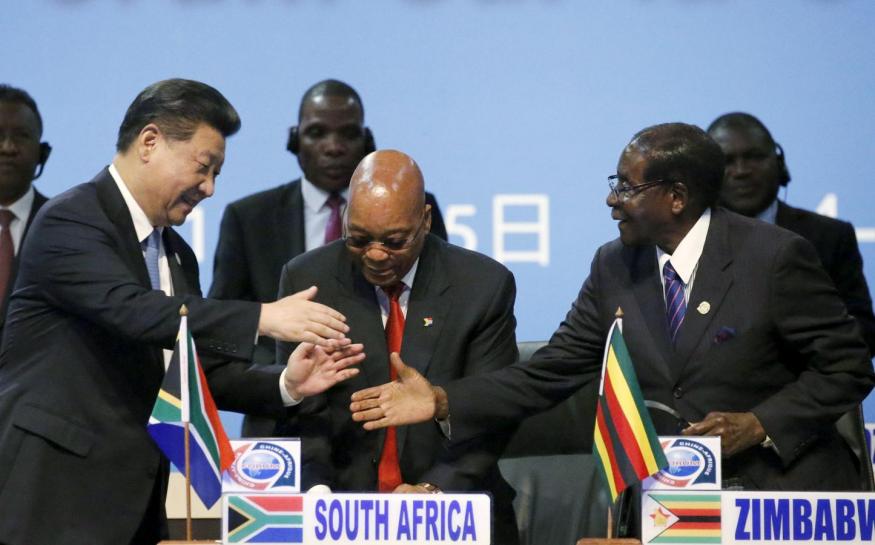
China Investment footprints in Africa
Robert Kagiri
Africa stands to gain enormously from enhanced Sino-Africa relations principally due to the fact that it is in dire need of capital and human resource investment from China to spur its economic growth in an increasingly competitive global market.
The China-Africa co-operation, based on a “win-win” model, that is hinged on non-interference with each other’s sovereignty and non-exploitative investment provides a fail-safe channel for the continent to combat poverty and emerge as a competitive economically endowed player in the global marketplace.
Over the past two decades, China investment in Africa has grown by leaps and bounds, buoyed by Beijing official policy of non-interference that has gained traction of many African countries.
Furthermore, the “win-win” approach that supports a long-lasting sustainable Sino-Africa relationship, anchored on deep ties in friendship, is in sharp contrast with the exploitative and demeaning western colonial legacy that Africans have experienced in their past encounters with foreign world powers.

This approach has catapulted China to become Africa’s most significant trading partner since 2000 and played a big role in boosting the continent’s growth rate.
The demand from China for the continents’ main exports like oil, iron, copper, zinc, and other primary products continues unabated and in sync with Africa’s seemingly insatiable appetite for Chinese investment capital and expertise in industry; particularly, manufacturing and construction which has never been higher than it is today.
However, while trade and investment has blossomed, Africa remains a laggard in terms of its continuing net trade deficit with China. Despite this drawback however, China continues to be extremely popular as an investment partner due to the growing perception in the continent.
Despite its economic advantages, Beijing stays committed to helping Africa build her infrastructure, expand its industry, grow global markets, maintain peace and security and ultimately become an equal partner in development.

This view of a China that seeks to partner to develop equally mutual close ties with African countries, in tandem with development, has taken root in the continent. For instance, in the Pew Global Attitudes survey for 2015, 70% of African respondents had a considerably more positive view of China than in other regions such as Europe (41%), Asia (57%), or Latin America (57%).
In addition, China’s growing cooperation has expanded to focus on unique ways of benefiting the small and medium-sized African countries. For instance, a recent international seminar on China-Africa Cooperation and Africa’s Development recently held on 7-9 September 2017 in Lilongwe, Malawi, focused on how China-Africa Cooperation can benefit these kind of countries in Africa and included delegates from the host country Malawi, as well as Egypt, South Africa, Ethiopia, Nigeria, Kenya, Tanzania, Zambia, Zimbabwe, and Lesotho. Dubbed the “Dance of The Lions and Dragons: China-Africa Cooperation,” it looked at deepening the Africa-China Comprehensive Strategic and Cooperative Partnership the new era.
According to a complementary June 2017 Report entitled “Dance of the Lion and Dragons,” prepared by McKinsey and Company for the conference, Chines firms of all sizes and sectors are not only bringing capital investment but also management know-how, and entrepreneurial energy to every corner of the continent. They are acting as a catalyst in progressing Africa’s “lions,” as its economies are often referred to.
China also hopes to help African countries by sharing lessons learnt from its spectacular development success story, particularly in lifting over half a billion citizens from poverty levels. Some of these knowledge-sharing initiatives are best exemplified by cases such as the Malawian Demonstration Farm known as the China Agricultural Technology Demonstration Centre, in Salima District, Malawi. The state-of-the art modern Centre is used for the purpose of teaching local farmers contemporary agricultural techniques particularly in mechanization.

Furthermore, several concrete steps for action, building the capacity of the industrial policy management capabilities for Africa, the development of discourse on the policies necessary to foster more sustainable frameworks that include adopting new technologies is long overdue.
This is crucial to Africa’s structural transformation and development of the continent’s innate potential by having it extensively engaged in the necessary reform that accelerates mechanization and industrialization, which is by far the most important source of economic growth. Policy reversals based on comparing performance and learning from the effectiveness of other areas such as the SEZ model in the Chinese context and the close linkage and relationship with key economic sectors is an important future topic.
A critical development in this respect is the formation of the China-Africa Development Fund for supporting trade and cooperation. Established by the China Development Bank, the $5 billion equity fund provides a clear developmental path for Africa.
The fund was established at the Forum for China-Africa Cooperation Summit in Beijing in 2006 and actively participates in investments by playing a major role on the market and bearing its own risks. It commenced operations in 2007 and has become the first equity investment arm established by China to focus solely on investment in Africa.
During the FOCAC summit in South Africa in 2016, President Xi Jinping proposed an additional $5 billion. During the 2015 Johannesburg Forum on China-Africa Cooperation (FOCAC), President Xi Jinping proposed an additional $5 billion for the fund saying “China-Africa relations have today reached a stage of growth unmatched in history. Let’s join hands and open a new era in China-Africa win-win cooperation and common development.”
The fund focuses on areas that are crucial to the development of Africa by ensuring that Chinese firms participate through partnerships thereby promoting the concept of a “win-win” strategy whereby both the African and Chinese firms benefit from the investment while at the same time spreading investment risks. As a result, the fund has invested in over 87 projects in 30 African countries.
A look at some of the projects that the China-Africa Development Fund has funded show that they have the potential to bring more revenue in exports and taxes for African countries. Some of these projects are the Hisense South Africa Home Appliances Industrial Park; the Sunon-Ansogi Power Plant in Ghana; the Suez Economic and Trade Cooperation Zone in Egypt; and the China-Africa Cotton Cultivation Project, which is a model of successful cooperation between a company and peasant households in Malawi, Mozambique and Zambia where it benefited more than 200 000 households.

African countries on their part should also leverage on their heterogeneity to offer China and other world markets a unique diversity of needed product offerings in addition to moving up the value chain from production of raw materials to making competitive finished goods.
In order to do this Africa should strategically differentiate and position their products and services as well as leverage on their comparative advantages, such as a relatively cheaper youthful workforce, in order to secure her rightful place in the global marketplace.
This is Africa’s opportunity to use its Sino-Africa partnership to succeed in the competitive sphere of economic globalization. To best take advantage of this cooperation, African countries must narrow their focus and target high-impact projects and increasing their expenditures on value addition in agriculture.
These include mechanized commercial farms and facilities for storage and processing. It also needs to have an incentivized private sector through encouraging light agro-processing manufacturing centers concentrated in special economic zones (SEZs). This was a key ingredient in the initial industrialization of a long list of Asian economies.
 Dr. Robert Kagiri is a Researcher and Policy Analyst on Strategy, Governance and Security Policy issues at the Africa Policy Institute.
Dr. Robert Kagiri is a Researcher and Policy Analyst on Strategy, Governance and Security Policy issues at the Africa Policy Institute.
The author’s views do not necessarily reflect CGTN Africa’s editorial policy.



